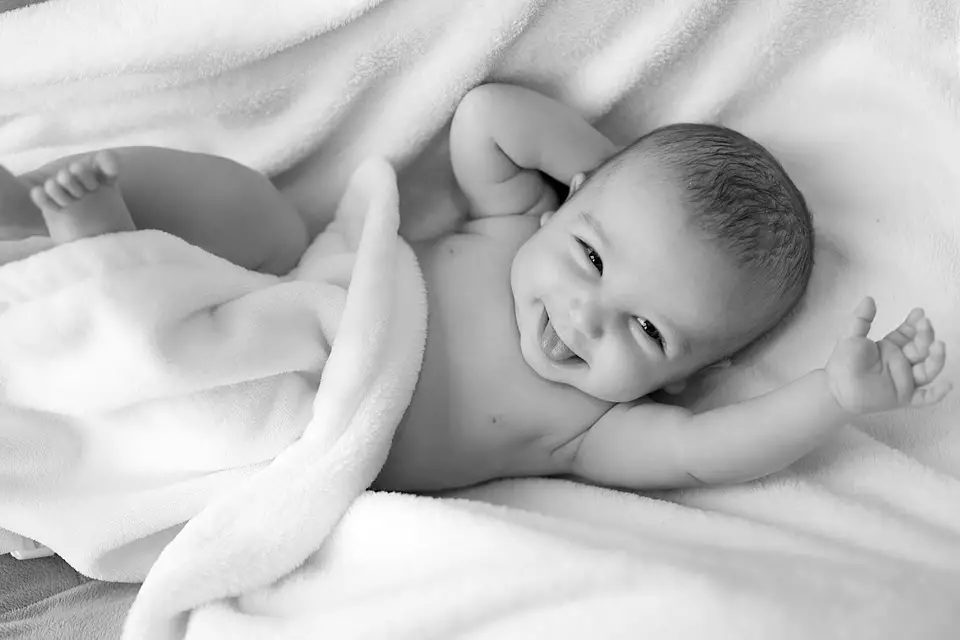Croatia’s demographic crisis didn’t come about with the coronavirus pandemic, which has seen many people take the plunge and head abroad in search of more stability following lockdowns and restrictions within the tourism industry, on which many jobs rely. It wasn’t even new when the country finally joined the European Union back in July 2013 and when borders opened for the Croatian labour force.
Waves of emigration are very common for Croatia, with a huge number of people leaving during the 70s, 80s and 90s, typically, at least back then, for political reasons. Now, while politics certainly continues to play a significant role, it isn’t the only deciding factor for most. The desire for a country with more economic stability, less red tape and a more forgiving system is what drives most people outside of Croatian borders, and the demographic crisis didn’t even wane when travel restrictions were harsher last year, with many Croats still leaving to the likes of Ireland and Germany without looking back.
While the typically overlooked region of Eastern Croatia has always been dominant in this trend, with villages and towns emptying out at a worrying rate, the demographic crisis has spread further, with even ”richer” areas where jobs were usually far easier to come by such as Dalmatia seeing people hop on planes and coaches with one way tickets. The Dugopolje Municipality has, as a result, opted to up the cash fee given to parents for each child born in the area.
As Poslovni Dnevnik writes, Perica Bosancic, the mayor of Dugopolje, a municipality with about 3,500 inhabitants close to Solin (formerly Salona) took to Facebook to post about the increase in fees for newborn children in the Dugopolje Municipality.
As he wrote, the fee for the first born child will be 5,000 kuna, instead of the previous 3,000 kuna, and for the second 10,000 kuna instead of the previous 5,000 kuna.
”We announced this back on the 18th of April, and on July 20th, we kept our promise. We increased the benefits for newborns from 3,000 kuna to 5,000 kuna for the first child, from 5,000 kuna to 10,000 kuna for the second, and for the third, we increased the benefit to 15,000 kuna. Each subsequent child will see the parents paid an additional 15,000 kuna (meaning that the fourth child is is 30,000 kuna, the fifth is 45,000 kuna, etc.…). I’d like to thank the councilors for unanimously supporting this proposal,” Bosancic wrote on Facebook.
For more, follow our lifestyle section.








